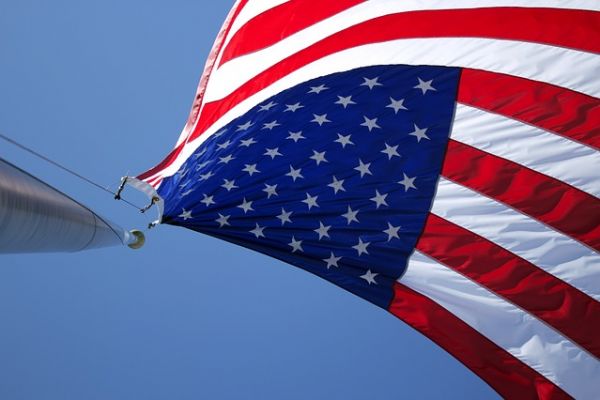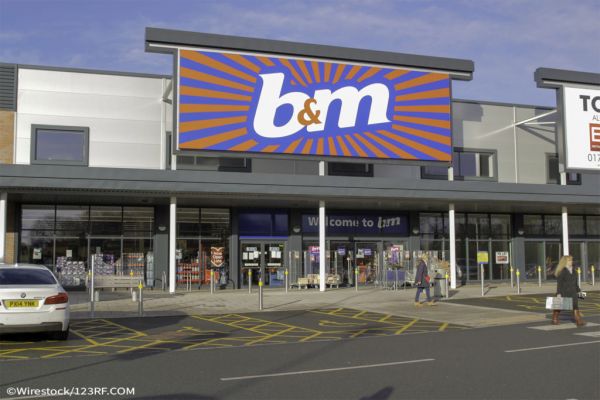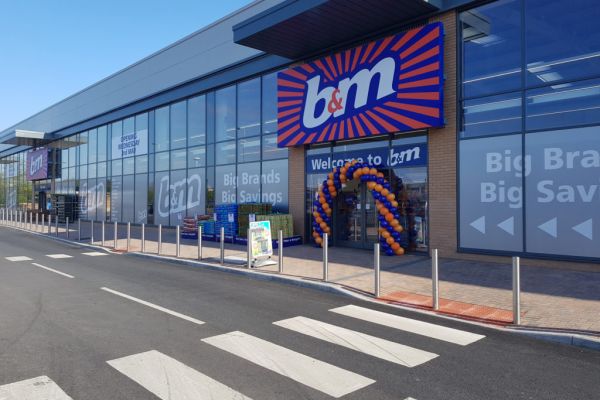A broad coalition of lobbyists for retailers like Wal-Mart Stores Inc., energy companies and the auto industry is launching a battle against a proposed US tax on imports, aiming to sway both federal lawmakers and American consumers.
The Retail Industry Leaders Association and more than 120 other trade groups are backing the campaign, called “Americans for Affordable Products,” which will center on how a border-adjusted tax could increase prices for consumers. Part of the message: that export-focused companies may get their federal taxes drastically cut, maybe even to zero. Behind the scenes, the campaign will rely in part on lobbying by industry executives.
The fight is drawing battle lines across corporate America, with net importers on one side and exporters on the other. And there are billions of dollars at stake: The proposed overhaul of the corporate tax code, supported by House Speaker Paul Ryan, would reward companies that sell products outside the US while punishing ones that rely on low-cost overseas suppliers. The idea is to put a levy on US businesses’ domestic sales and imported goods, while exempting exports from their taxable income.
“This corporate tax reform is supposed to help all companies, but this particular provision would make it much more regressive on industries like retail, oil and gas, and apparel,” said Caitlin Webber, a trade analyst for Bloomberg Intelligence. “It’s going to be an absolutely huge fight.”
T-Shirt Tax?
Supporters say the 20% border-adjusted tax would encourage domestic production. But opponents complain that it would just force companies to pass the increases to consumers -- potentially boosting prices for everything from food and clothing to gasoline and auto parts -- without spurring a revival of domestic manufacturing.
“You’re a consumer: Are you ready to pay 20 to 25% more for everything you buy?” said Steve Lamar, executive vice president of the American Apparel & Footwear Association. “Because almost everything you buy is imported.”
The message to consumers: If you’re used to paying $10 for a T-shirt, it’s going to be $12 or $13. Those $80 pair of sneakers? They’re suddenly going to be closer to $100.
Since the proposed tax change is coming from the House of Representatives, garnering support from the Republican-controlled Senate and the White House will be key. President Donald Trump is warming to the idea after previously criticizing it, a senior administration official told Bloomberg News last week. The border-adjusted tax is key to the Republicans’ proposal because it would help pay for a reduction in the corporate income tax rate.
Mainstream Impact
Opponents say their goal is making the issue more mainstream by showing the effect on US households. The thinking is that House Republicans have underestimated how this idea could resonate with the American public.
Retailers are already on edge after the Trump administration floated the idea of a 20% temporary tariff on Mexican imports to pay for a wall on the southern border. The potential changes also come at a time when apparel chains and other brick-and-mortar retailers are struggling: About 5,000 stores have been shuttered in the past 18 months, according to Clarion Partners. Department stores such as Sears Holdings Corp. and Macy’s Inc. have been particularly hard-hit by consumers shifting their spending online.
The industry won a major victory in 2011 when it pushed through the passage of financial reform that cut the fees that retailers pay when a shopper uses a debit card. In that “swipe-fee” standoff, the companies defeated some of the world’s financial institutions, including JPMorgan Chase & Co. and payment networks such as Visa Inc.
Talk of Town
Now retailers are taking on giants like General Electric Co., Boeing Co. and Dow Chemical Co. in a showdown that may dwarf the swipe-fee feud. The issue has galvanized much of the industry. At last month’s National Retail Federation convention in New York, the border-adjusted tax dominated conversations.
Andrew Burns, a retail analyst at DA Davidson & Co., said 90% of the companies he covers are focused on tax reform and trade right now. The big debate is whether the tax proposals are “rhetoric” or a real threat, he said.
Last week, lobbyists for retail, car dealers, apparel and footwear companies had a briefing for congressional staffers, and about 130 showed up -- squeezing into a room that would normally fit 75 people.
This battle could cause a schism among Republicans. A handful of them in the Senate, which the party controls 52-48, have already raised doubts, including Georgia Republican David Perdue and Mike Lee, a Republican from Utah, who said in an editorial in the Federalist magazine that it “could ravage huge swaths of our economy.”
Democrats on the Senate finance committee have already hammered the proposal, saying in a December memo that it was “risky, untested and especially vulnerable to unforeseen consequences” like causing consumer prices to skyrocket.
“People don’t want to pay more at the grocery store or the gas station,” Bloomberg Intelligence’s Webber said. “If they are able to make that case effectively, they could be successful.”
News by Bloomberg, edited by ESM. Click subscribe to sign up to ESM: The European Supermarket Magazine.














